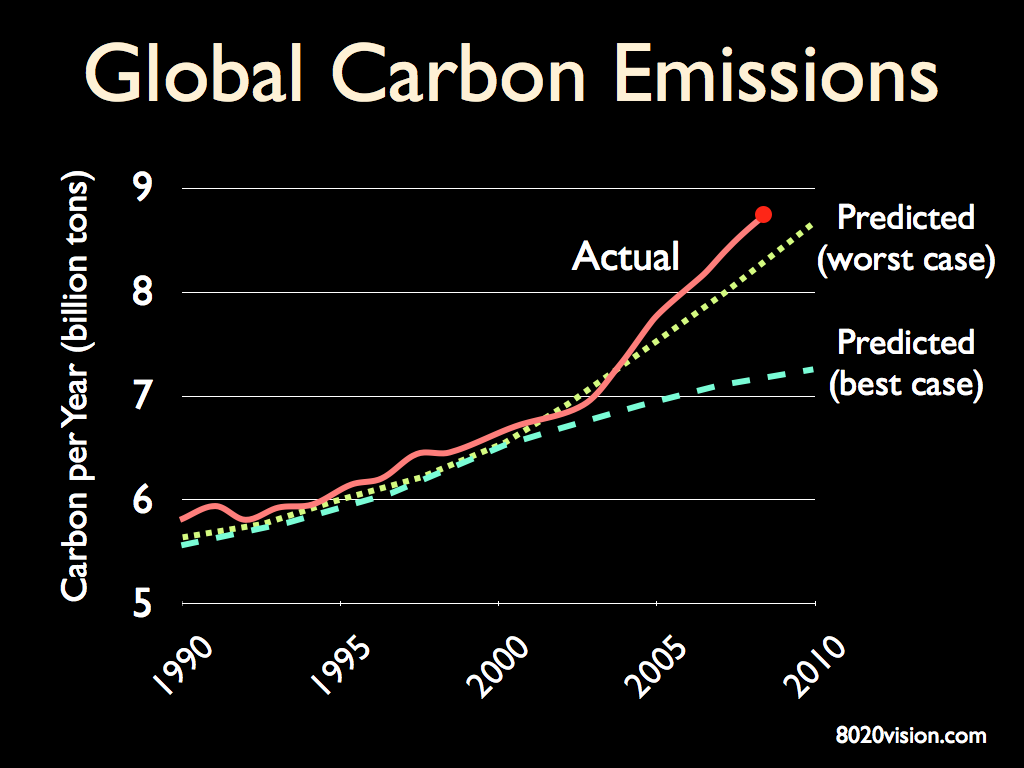Keywords: Bjørn Lomborg, skeptical environmentalist, climate change, Howard Friel, The Lomborg Deception, carbon tax
Bjørn Lomborg, infamous “skeptical environmentalist,” has changed his mind about climate change. According to an article in The Guardian:
The world’s most high-profile climate change sceptic is to declare that global warming is “undoubtedly one of the chief concerns facing the world today” and “a challenge humanity must confront“, in an apparent U-turn that will give a huge boost to the embattled environmental lobby.
Lomborg has a new book coming out in a few weeks and this will certainly create buzz around the book. The Guardian says:
Bjørn Lomborg, the self-styled “sceptical environmentalist” once compared to Adolf Hitler by the UN’s climate chief, is famous for attacking climate scientists, campaigners, the media and others for exaggerating the rate of global warming and its effects on humans, and the costly waste of policies to stop the problem.
But in a new book to be published next month, Lomborg will call for tens of billions of dollars a year to be invested in tackling climate change. “Investing $100bn annually would mean that we could essentially resolve the climate change problem by the end of this century,” the book concludes.
Examining eight methods to reduce or stop global warming, Lomborg and his fellow economists recommend pouring money into researching and developing clean energy sources such as wind, wave, solar and nuclear power, and more work on climate engineering ideas such as “cloud whitening” to reflect the sun’s heat back into the outer atmosphere.
In a Guardian interview, he said he would finance investment through a tax on carbon emissions that would also raise $50bn to mitigate the effect of climate change, for example by building better sea defences, and $100bn for global healthcare.

Most news outlets reporting on Lomborg’s turn-around are simply repeating the provocative bullet points of this story. To the Guardian’s credit, they ran a second article by Howard Friel, author of The Lomborg Deception, that brings some balance to the Lomborg stealth PR campaign. For example, Friel points out Lomborg still is not calling for reduction of CO2 emissions:
Here’s where the missing question comes into play, since Lomborg does not seriously address the fundamental problem of rising atmospheric CO2 concentrations in the absence of global greenhouse reductions: what will happen to the earth and human civilisation when atmospheric CO2 concentrations rise – essentially unchecked, if we followed Lomborg’s recommendations – to 450 parts per million, 550ppm, 700ppm, 800ppm; and when the average global temperature rises by 2C, 3C, and 4C to 7C?
Climate scientists have set 350ppm and a 2C average temperature rise (from 1750 to 2100) as the upper range targets to prevent a global climate disaster. Since we are already at 390ppm and since a 2C plus rise is a near certainty, how does Lomborg’s appeal to forgo sharp reductions in CO2 emissions reflect climate science? He argues that there are “smarter solutions to climate change” than a focus on reducing CO2. This is hardly smart: it’s insanity.
As one commenter noted:
The denialists are like a chain-smoker with emphysema who rants at his doctor for telling him to quit.
Lomborg has left this crowd and has progressed, very late, to the bargaining stage. “Doctor, is there some medicine I can take? What if I cut down to two packs from three a day?”
For an example of someone coming late to the discussion, but thinking big about how to take on the enormous challenges posed by climate change, see Bill Gates on Climate Change and Renewable Energy. Here’s an excerpt from that article:
Many newspapers and blogs are reporting on the Technology Review interview with Bill Gates (highlights below). Though that interview contains some good information, Gates’ presentation at TED was the stake in the ground that set the stage for this Technology Review interview. At TED, Gates called for reducing carbon emissions to zero. The presentation is worth watching. Considering that Gates is one of the most public faces of big business, his statements at TED are noteworthy:
- climate change is real
- climate change is the most important challenge on the planet
- carbon emissions need to be reduce to zero as soon as possible, his goal is by 2050
- increased investment in energy R&D is essential, and can be done at reasonable levels
- zero carbon energy production makes business sense
Corax says:
What a load of BS … man, the press has its proverbial head wedged up the colon of the carbon cult … I keep waiting for them to start mixing the almond flavored cool-aide.
Is climate change real? It has never been static. Ever since the earth formed from cosmic ooz and dust the climate has been changing. Is man responsible? Unlikely by a meaningful amount. Focusing on carbon is maniacally absurd. We should be reducing all manner of pollutants, not just carbon … which is most likely the least of our pollution worries. But all those readers that are carbon cult followers, not to worry. I am fairly certain that humanity will adjust its population through war, famine, and disease to a point that it will greatly reduce our …. um … carbon footprint.
jaykimball says:
Hi Corax, When you say “We should be reducing all manner of pollutants, not just carbon” – what do you see as the most important pollutants to be reducing?